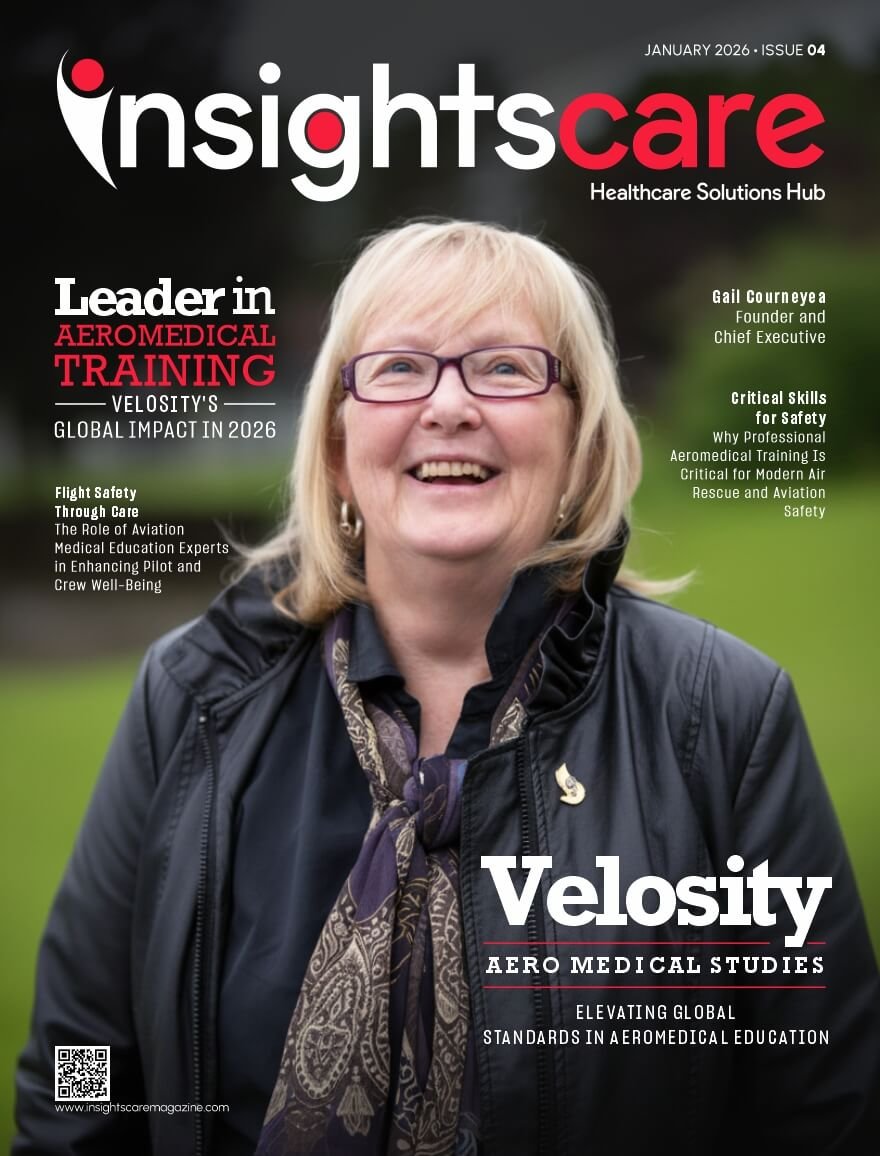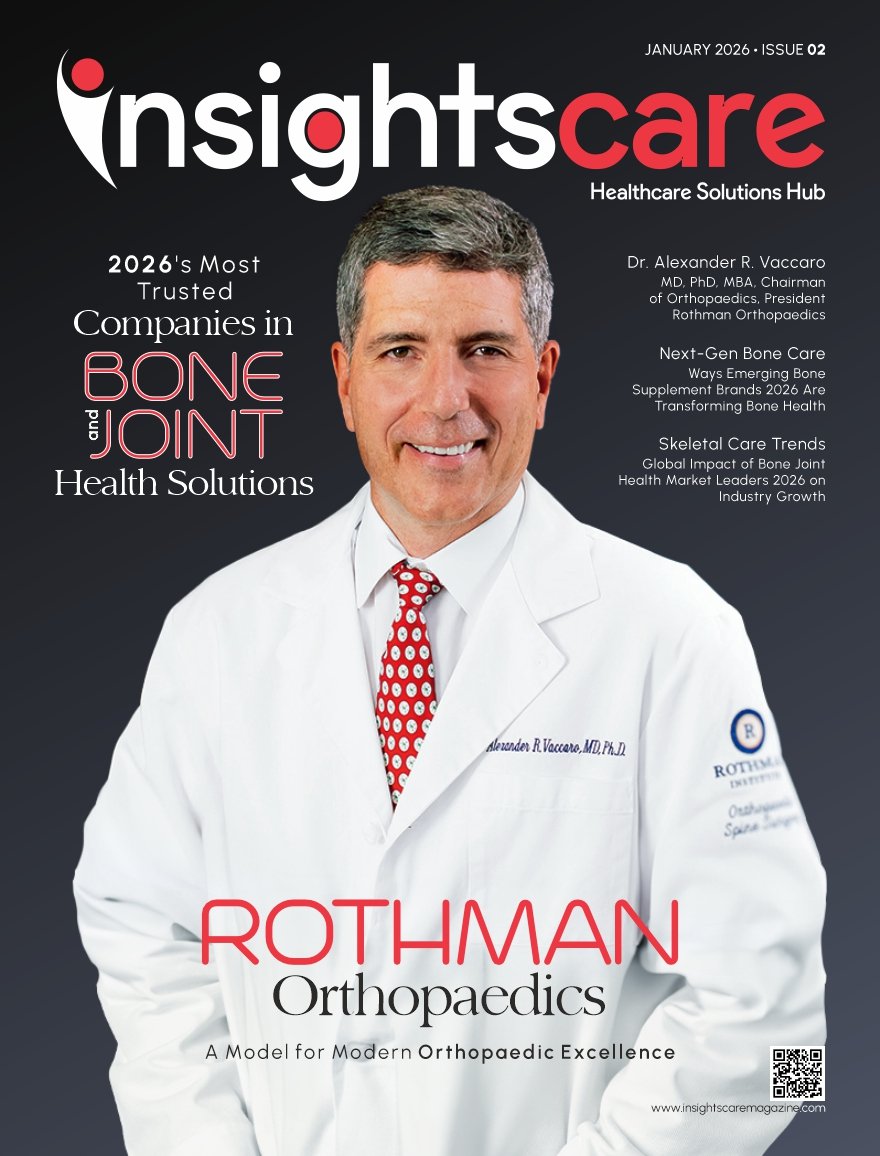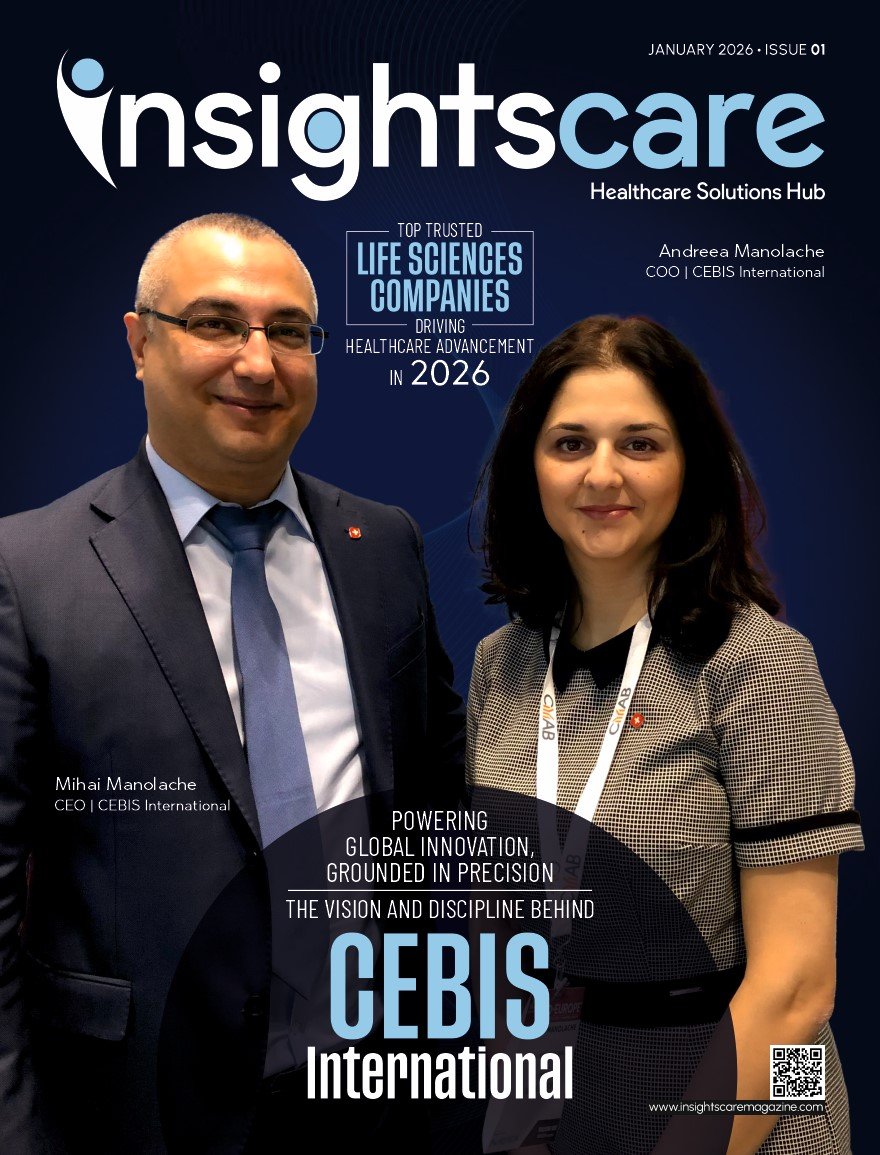Prime Highlights
- FDA advisers are debating whether antidepressant SSRI would need a more noticeable warning against pregnant women due to potential neonatal and developmentally caused harms.
- Concern is over side effects like long-term pulmonary hypertension in infants, although evidence remains ambiguous.
Key Fact
- A federal advisory panel is weighing placing a “black-box” warning—the FDA’s strongest labeling—on SSRIs during pregnancy.
- Epidemiologists caution that if not treated, depression among mothers has the same threats for the child and the mother.
Key Background
The FDA convened an advisory committee to review whether or not SSRIs would be issued a black-box warning when they are prescribed for pregnant women. The review comes after research ascertaining associations between SSRIs and complications in the newborn, including prolonged pulmonary hypertension of the newborn (PPHN), withdrawal syndrome, preterm labor, and late-onset developmental disorders. While risks are not new, greater public awareness and recent studies generated controversy.
SSRIs such as widely used drugs fluoxetine and sertraline are also among the most strongly recommended drugs for depression and anxiety. To the majority of pregnant women, the drugs are essential in controlling serious mental diseases. Physicians recommend that depression, if it is not treated, will cause unwanted consequences such as inadequate prenatal care, drug dependency, and even death of the mother. Thus, the FDA has to walk a thin line between weighing the risks of drugs and the risks of not treating mental illness.
Panel discussion revealed gaps within existing research. The majority of evidence that SSRIs lead to neurodevelopmental disease such as autism or ADHD is observational and contradictory. Correlation was reported by some but increased risk in other studies is not seen subsequent to maternal mental health corrections. Absolute risks are low, say experts, but severity of rare outcome such as PPHN must be closely monitored.
SSRIs have currently wide pregnancy use warnings, but a black-box would signal a shift in regulatory paradigm. The warnings must encourage informed patient and practitioner decision. The FDA will more than likely go forward with consideration of evidence to the point of final decision, in the meantime encouraging individualized treatment regimens balancing maternal mental calm against possible fetal risk.










